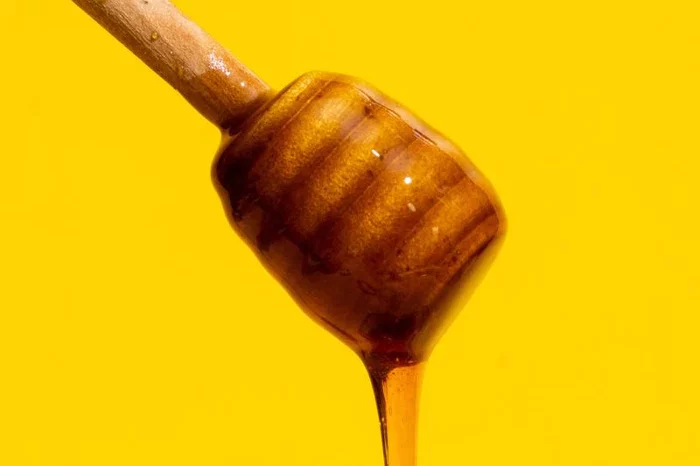Type 2 diabetes, a chronic condition characterized by high blood sugar levels, affects millions of individuals worldwide. While genetic predisposition and lifestyle factors contribute to its development, dietary choices play a pivotal role in managing the condition effectively. In this article, we delve into the relationship between type 2 diabetes and diet, focusing specifically on the inclusion of honey and its implications for individuals with this condition.
Understanding Honey: Nature’s Sweetener
Honey, a natural sweetener produced by bees from the nectar of flowers, has been valued for its sweet taste and potential health benefits for centuries. Composed primarily of glucose and fructose, honey also contains small amounts of vitamins, minerals, and antioxidants. Its antimicrobial properties and use in traditional medicine have sparked interest in its potential role in promoting health.
Impact of Honey on Blood Sugar Levels
One of the primary concerns for individuals with type 2 diabetes is how foods affect their blood sugar levels. The glycemic index (GI) ranks foods based on their effect on blood glucose levels. While honey has a lower GI than table sugar, it still raises blood sugar levels and should be consumed with caution by individuals with diabetes. Monitoring portion sizes and pairing honey with protein or fiber-rich foods can help mitigate its impact on blood sugar.
Research and Evidence: Is Honey Safe for Individuals with Type 2 Diabetes?
Research on the effects of honey consumption on individuals with type 2 diabetes is mixed. Some studies suggest that honey may offer benefits such as improved glycemic control and lipid profile, while others caution against its use due to its potential to increase blood sugar levels. More research is needed to fully understand the impact of honey on diabetes management.
Portion Control and Moderation
For individuals with type 2 diabetes, moderation is key when incorporating honey into their diet. Practicing portion control and monitoring blood sugar levels after consuming honey can help individuals determine their tolerance and make informed decisions about its inclusion in their meal plan. Consulting with a healthcare provider or registered dietitian can provide personalized guidance on incorporating honey into a diabetes-friendly diet.
Alternative Sweeteners
For those looking to reduce their consumption of honey or seeking alternative sweeteners, several options are available. Artificial sweeteners like sucralose or natural alternatives such as stevia offer sweetness without the added calories or impact on blood sugar levels. Experimenting with different sweeteners can help individuals find alternatives that suit their taste preferences and dietary needs.
Conclusion
Dietary choices play a crucial role in managing type 2 diabetes effectively. While honey can be enjoyed in moderation as part of a balanced diet, individuals with diabetes should be mindful of its impact on blood sugar levels and practice portion control. Consulting with a healthcare provider or registered dietitian can provide personalized guidance on incorporating honey and other sweeteners into a diabetes-friendly meal plan. By making informed decisions about diet and lifestyle, individuals with type 2 diabetes can better control their condition and improve their overall health and well-being.
Related Topics:
What Food Should Diabetics Avoid?



























